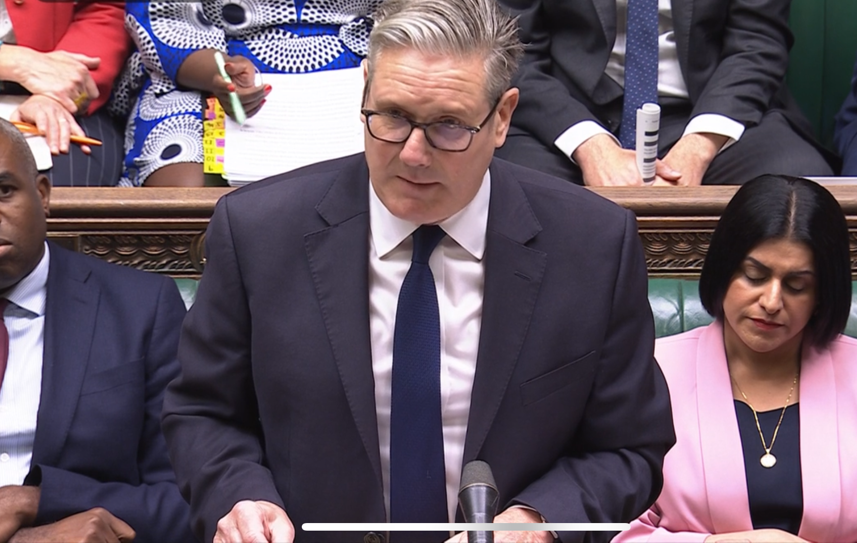Ongoing speculation over potential property tax reforms – including changes to Capital Gains Tax on £1.5m-plus properties and proposals to replace stamp duty with an annual levy – is already creating unwelcome disruption in the housing market.
Responding to property tax rumours, Jonathan Handford, managing director of Fine & Country, commented: “At present, these ideas are no more than think tank trial balloons floated to test public sentiment. There is no confirmed policy, draft legislation, or timeline for implementation. However, the mere suggestion of sweeping tax changes is already influencing behaviour.
“We are seeing buyers and sellers using these rumours as leverage, some attempting to renegotiate agreed sale prices, others pushing for accelerated exchanges and completions in anticipation of reforms that have not been announced.”
It is better to have a comprehensive announcement fully outlining any proposed reforms, rather than allowing parts of potential policy to leak into the public domain or fuel speculation. Speculation itself can be as damaging as legislation, especially when buyers and sellers pause to ‘wait and see,’ the market stalls, chains break down, and confidence evaporates. This sense of paralysis ultimately harms everyone, from homeowners to businesses that depend on housing transactions.
One of the most widely discussed proposals is to abolish stamp duty entirely and replace it with an annual property tax. Under this model, property owners would pay an annual charge based on the value of their home, with higher bands applied as property values increase.
The more expensive the property, the higher the annual charge. Supporters argue this would spread the tax burden more evenly across ownership rather than applying it only at the point of purchase. Critics warn that it could place an unfair and ongoing financial strain on homeowners, particularly those who are asset rich but cash poor.
Handford urges buyers and sellers to act with caution, adding: “The UK property market thrives on confidence, stability, and clarity. Allowing unconfirmed proposals to dictate decision making risks undermining transactions, reducing mobility, and damaging market momentum at a time when confidence is beginning to recover.”
He further emphasises that while it is the role of government to review the tax system, it is essential that any changes are approached with care, clarity, and sufficient lead in time to avoid destabilising the market. Handford points out that historically there have been instances where proposed leaked changes have been far more severe than what is actually introduced.
“At Fine & Country we will continue to monitor developments closely and will provide clear guidance to clients should formal proposals be announced. Until then, our message to buyers and sellers is clear: focus on today’s market reality, not tomorrow’s speculation,” Handford added.








